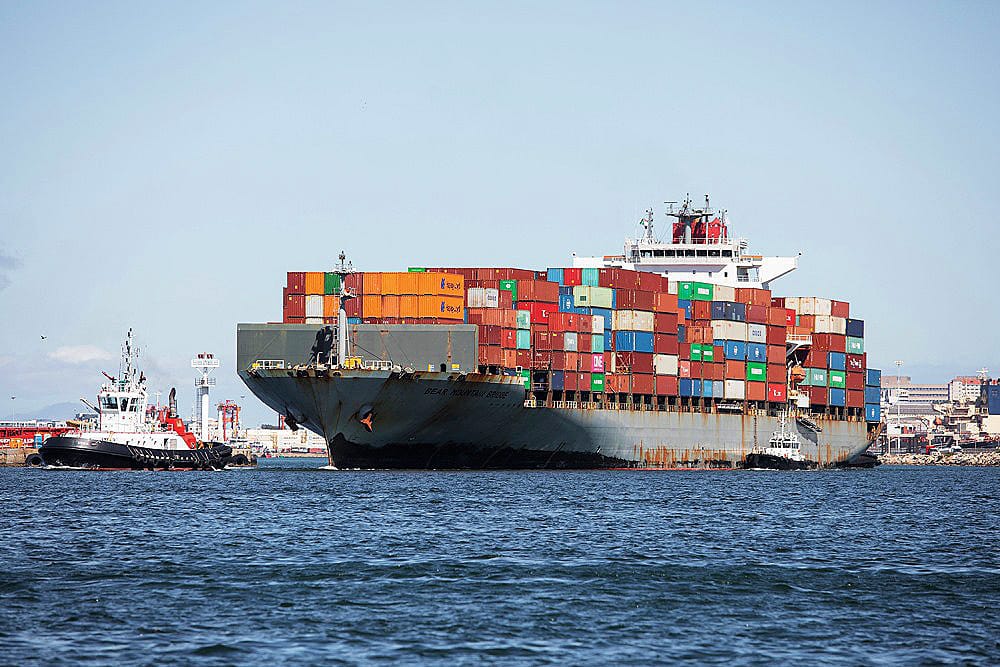
The Red Sea is a key maritime corridor that connects the Mediterranean Sea to the Indian Ocean via the Suez Canal. It is one of the world’s most heavily used shipping lanes, accommodating a significant portion of global maritime trade, including the movement of oil, commercial goods, and, importantly, container shipments.
The Red Sea Crisis: Time for a Big Shift in Shipping Strategies
The recent Red Sea events have led the shipping industry into extreme crisis. The recent attacks on shipping vessels by Houthis have aggravated the security crisis in the Red Sea. However, in response to Houthis attacks on shipping, the US and UK forces in the Red Sea have already launched air strikes against them. Shipping companies across the globe have decided to avoid Suez Canal trade routes, instead rerouting their vessels around the Cape of Good Hope. The current disruption adversely threatens global trade, resulting in additional pressures in terms of delays to container delivery, oil price hikes, higher logistics costs, and slower economic growth.
Some major impacts caused by the Red Sea crisis are discussed below.
Rise in Container Freight Rates
The most noticeable impact of rerouting is anticipated to lead to a widespread increase in freight rates. This spike is expected to impact the whole industry, irrespective of individual carriers’ contractual or spot rates. Moreover, shippers will also face an extended inventory period of 20 to 30 days. Nevertheless, shippers are compelled to accept these soaring costs to avoid production losses or empty store shelves.
Handling Shipping Disputes
The ongoing crisis in the Red Sea has escalated into attacks on merchant ships, an event affecting this essential trade passage. These assaults, predominantly occurring near the Bab al-Mandab Strait, have forced significant diversions in sea traffic. Consequently, this crisis has heavily disrupted maritime operations, compelling shipping companies such as Maersk to confront threats to their vessels and leading them to reroute and temporarily suspend certain activities.
Climbing Oil Prices
The continued tension in the Red Sea is influencing oil prices. The recent moves by Yemen’s Houthis against commercial vessels, a retaliatory measure against Israel’s strikes in Gaza, have led several shipping companies to pause their traveling through the Red Sea area. Since the Middle East holds a large portion of global oil reserves, this increasing dispute in the region is a major concern. It is expected that interruptions in energy exports might trigger a worldwide crisis in the supply chain.
Delays in Shipment Delivery Time
According to a news report, many vessels with millions of containers are facing extended transit times, causing delayed loading times in Asia Pacific. Since it is uncertain how long the situation will last, the industry might face the fear of long-term effects on shipment delay.
What Strategies Shipping Businesses to Adopt?
Many of the world’s largest shipping companies are planning to adopt several strategies in 2024 to protect their operations, minimize delays, and increase customer satisfaction.
Fast n Accurate, one of the largest Jeddah-based freight forwarders, is developing strategies to face the unpredicted challenges. The company will try to overcome these challenges and handle any uncertainty by combining multiple modes (air, sea, rail, and road) to optimize its shipping routes, collaborating with logistics partners, informing customers about possible delays and disruptions, and taking proactive measures.




